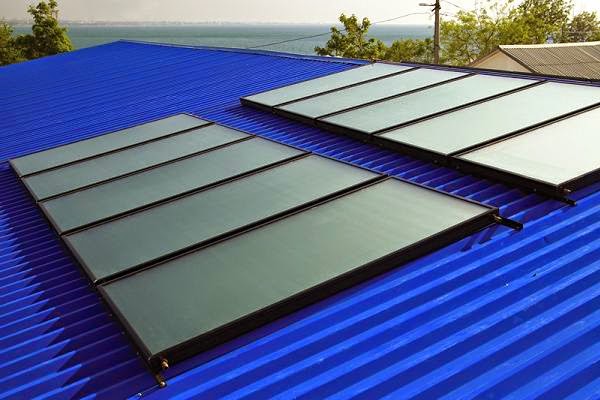Solar panels are becoming an
increasingly common household item in this day and age. Despite being
relatively expensive, solar panels maryland are
an example of an investment with an incredible payoff. Solar panels let you use
the sun’s energy to power your home or office without damaging the environment
by burning fossil fuels or releasing dangerous emissions to the environment.
Their durability makes them a positive and sustainable source of energy for
years to come. However, what is the
ideal solar panel for you and what makes one so ideally durable for the long
run?
There are several factors that come
into play when discerning durability and cost-effectiveness. The location, or
where you set up your panels, is one of the first factors to consider. Solar
cells are made of glass, thus susceptible to damage caused by large falling
objects. Keep panels away from the ground and assure that they don’t lie
underneath anything that may potentially damage them, such as tree branches.
Another factor to consider is
weather conditions and other environmental concerns. Extreme temperatures (too
hot or too cold) may cause damage to panels, thus seek panels that are able to
withstand such conditions if you live in places with this kind of weather.
Strong winds and storms may also cause damage to solar panels, as they may
bring objects to your roof.
Lastly, maintenance is an important
factor that one mustn’t ever forget. While most companies offer maintenance
services, there is also a need for frequent cleaning of dust and bird dropping
from the panels. This keeps the panels from breaking down, keeping all
components in check.
Now that you’ve considered the
factors that could potentially damage your solar panels, it is time to consider
the panels themselves and which ones deliver the most sustainability in terms
of lifetime and strength. Below are the factors and qualities to find when
shopping for a solar panel for your home or office.
Cost – While it is apparent that
cost usually equates to higher value, this is not necessarily the case. There
are affordable solar panels that can hold their own against the more expensive
kinds, and there are also expensive solar panels that are unnecessary for your
needs.
Size and Watts – Simply put, the
higher the Watts, the larger the panels. The higher the Watts, the more
expensive they are too. Always consider this and how much energy you will be
needing to fuel your home or office to avoid buying too much or too little.
Conversion efficiency – The better
the panels are at converting light into electrical energy, the more
cost-efficient your panels are for you.
PID and LID resistance – Look for
solar panels that have little or no PID and LID as both can reduce power to
your panels. PID is potential-induced degradation, while LID is light-induced
degradation.
Temperature co-efficient
rating – This is important in determining what heat can do to the panels upon
installation. If the percentage per Celsius is low, then it has a good rating.














0 comments:
Post a Comment